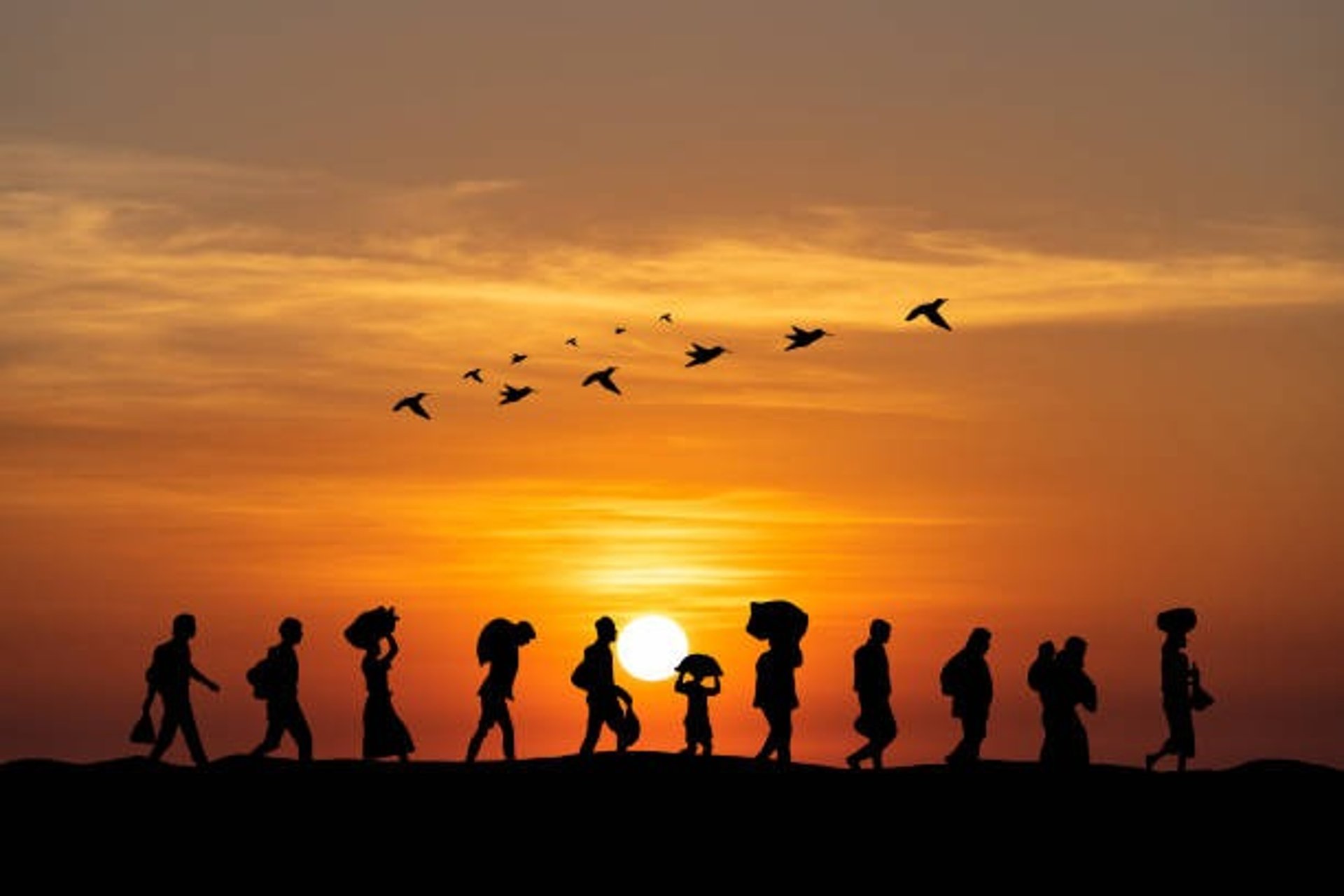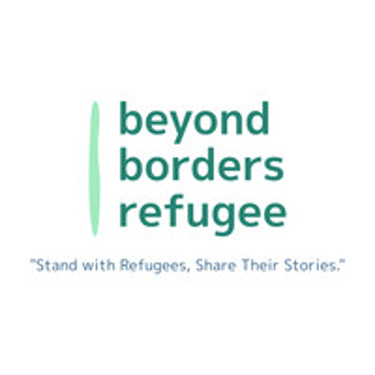
Beyond Borders Refuge: is a platform dedicated to amplifying refugee voices, sharing their stories, and fostering solidarity. Explore real experiences, raise awareness, and be part of the change!
Education for Refugees: A Gateway to the Future or an Unattainable Dream?
Worldwide, the number of forcibly displaced people has surpassed 110 million (UNHCR, 2023). A significant portion of this population consists of children, for whom education is the most critical factor shaping their future. However, only 68% of refugee children attend primary school, 37% reach secondary education, and a mere 6% enroll in higher education (UNHCR Education Report, 2023). These figures are far below the global average enrollment rates. Education is a universal human right, yet millions of refugee children are deprived of it. Why is access to education so limited for refugees? More importantly, what can be done to address this issue? Why Do Refugee Children Fall Behind in Education? Education is not only essential for personal development but also plays a crucial role in economic growth, social cohesion, and building stable societies. However, for refugee children, access to education is often a struggle against systemic barriers. 1. Financial and Economic Barriers Many refugee families live under extreme poverty. According to the World Bank, over 80% of refugee families struggle to afford food, housing, and essential healthcare (World Bank Forced Displacement Report, 2022). 🔹 In Lebanon, 30% of refugee children and in Jordan, 40% are forced to work instead of attending school (UNICEF, 2022). 🔹 School-related costs (books, uniforms, transportation, enrollment fees) place an overwhelming financial burden on refugee families. 🔹 A study conducted in Kenya’s Kakuma Refugee Camp found that 60% of families could not send their children to school due to financial constraints (World Bank, 2022). Since education systems often fail to provide adequate financial support, economic hardships directly impact access to schooling. 2. Legal and Political Restrictions In many countries, refugee children face significant legal barriers to education. 🔹 In Turkey, 70% of refugee children are enrolled in public schools, yet this rate drops to 25% at the high school level (UNHCR Turkey Education Report, 2023). 🔹 In countries like Pakistan, Iran, and Lebanon, access to education for refugees is tied to citizenship or temporary residency permits (Norwegian Refugee Council, 2023). 🔹 Although many European countries grant education rights to refugees, diploma recognition and language barriers prevent many students from continuing their studies (OECD Education at a Glance, 2023). For instance, in Germany, most refugee children are placed in temporary education centers first, and their integration process can take several years (European Commission, 2023). 3. Language and Social Integration Challenges Even when refugee children gain access to education, language barriers and social exclusion often hinder their academic success. 🔹 A study in Jordan found that 60% of refugee students struggled in school due to language barriers (UNICEF MENA Education Report, 2022). 🔹 45% of refugee students in France face academic difficulties due to language limitations (OECD, 2023). 🔹 In Turkey, 38% of Syrian refugee students drop out due to inadequate Turkish language proficiency (Ministry of National Education, 2023). A lack of language education programs severely affects refugees' ability to succeed in school. What Are the Solutions? The current system does not adequately support refugee education. However, governments, NGOs, and international organizations can develop solutions to improve access to education. 📌 Increase Financial Aid Programs UNHCR’s DAFI Scholarship Program supports refugees in higher education but should be expanded (UNHCR DAFI Report, 2023). UNICEF and the World Bank should offer more education grants for refugee children (World Bank Education for Refugees, 2022). 📌 Provide Free Language Education Refugee-inclusive language programs should be mandatory in education systems (European Commission Education Report, 2023). The “Preparatory Classes” model in Germany could be adopted in other European countries (Federal Office for Migration and Refugees, 2023). 📌 Implement Accelerated Education Programs Kenya’s “Bridge Schools” model helps refugee children catch up on lost education (Global Education Monitoring Report, 2022). Online learning platforms can provide more education opportunities for refugees (UNESCO, 2023). Conclusion: Is Education a Right or a Privilege? According to UNESCO, education is a fundamental human right for all individuals (UNESCO Right to Education Report, 2023). However, for refugees, it remains an inaccessible privilege. To ensure more inclusive and accessible policies, urgent action is needed. What are your thoughts on this issue? What other solutions do you think can improve access to education for refugees? Share your ideas with us!
3/7/20251 min read

